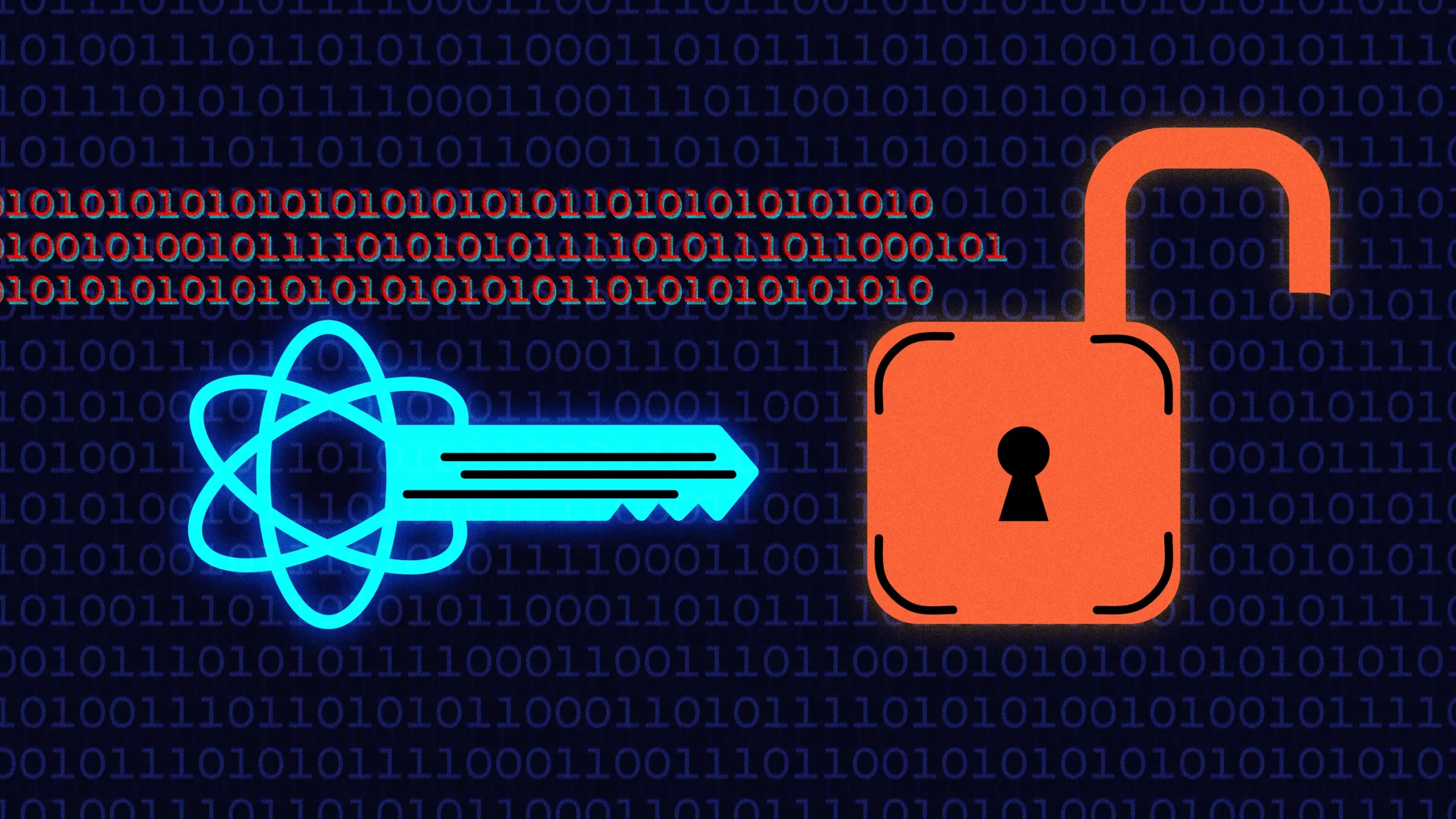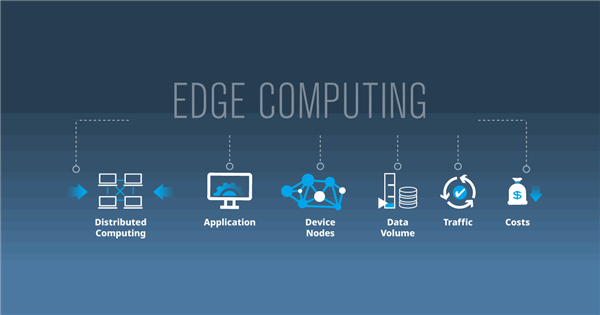Quantum encryption is emerging as a groundbreaking solution to modern cybersecurity threats. Unlike traditional encryption methods, which can potentially be cracked with enough computing power, quantum encryption uses the principles of quantum mechanics to secure data. One technique, called Quantum Key Distribution (QKD), allows two parties to share encryption keys in a way that makes any eavesdropping detectable. This level of security could future-proof communications against the threat of quantum computers capable of breaking current encryption.
As cyberattacks grow in scale and complexity, industries handling sensitive data—like finance, defense, and healthcare—are exploring quantum encryption technologies. Research institutions and companies like Toshiba and ID Quantique are already piloting QKD networks in real-world settings. These advancements show how quantum cryptography isn’t just theoretical anymore—it’s becoming an essential part of secure communication infrastructure.
While the technology is promising, challenges remain. Quantum encryption requires specialized hardware and is currently expensive to implement. However, as the technology matures and becomes more accessible, it’s likely to complement existing security protocols. In the next decade, quantum encryption may shift from an experimental niche to a mainstream requirement for safeguarding critical digital assets.





